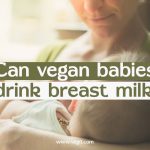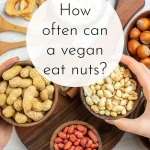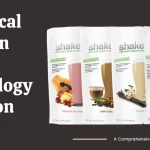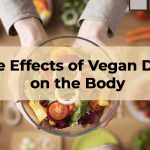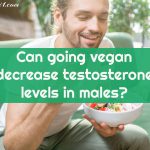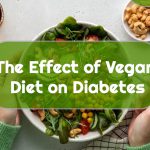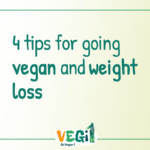Are vegetarians at a greater risk for food poisoning?
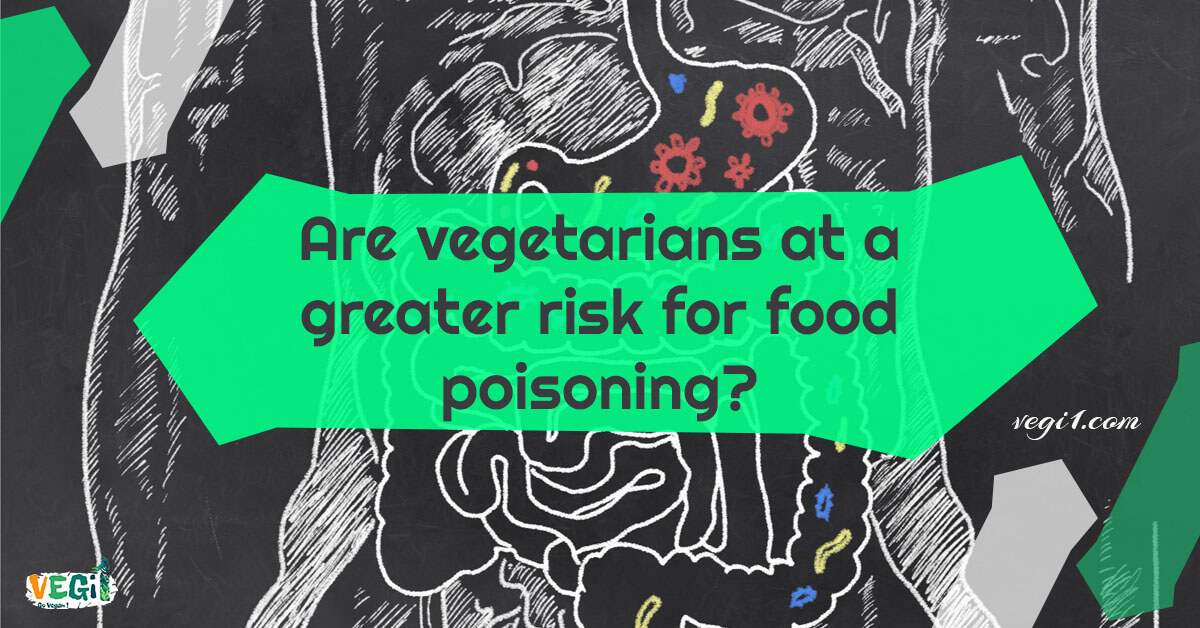
Hi everyone, I’ve been vegan for seven years. I’ve not gotten food poisoning once. Sometimes, I eat Thai food and get a tad reckless with the spices they lay out and get spicy digestion from that, but besides that no food poisoning. A few things to consider about this lifestyle are that in vegetarian diets, you try to eat healthier, you pay attention to your fitness and the amount of food you eat, and you get sick less.
I always had a question, and that was, Are vegetarians at a greater risk for food poisoning? So, to answer this question, I started my research.
In this article you will read:
What is food poisoning and what is it more common in?
Ok, I’ll start by explaining this. Food poisoning is brought on by eating tainted food, and the typical symptoms include vomiting and diarrhea while your body fights the invaders—bacteria, viruses, or toxins—off. Fever, chills, stomach cramps, a lack of energy, and dizziness are additional symptoms that may be present. The majority of patients typically recover without treatment in a few days. On rare occasions, it can cause fatal conditions, severe conditions, or long-term conditions.
Most food poisoning instances are caused by viruses like norovirus or bacteria like Salmonella, Campylobacter, Listeria, or Escherichia coli. Meat can become unsafe if the animal it came from was ill, the meat was contaminated by the animal’s intestines, it wasn’t cooked thoroughly, it wasn’t stored properly before or after cooking, it was handled by someone who was ill, or had dirty hands, or it could become unsafe if it came into contact with other contaminated foods.
Animal items (meat, poultry, eggs, fish, and dairy) account for the majority of cases of food poisoning because plants typically do not harbor the germs that cause food poisoning in humans.
If plant foods do result in food poisoning, it’s typically because they were handled with dirty hands during preparation, exposed to human waste, or animal feces.
This much meat has bacteria that cause food poisoning, according to my research of food:
- 40% to 90% of chicken and up to 40% of red meat are infected with campylobacter.
- Up to 50% of red meat and up to 20% of other meats may have listeria.
- Up to 40% of chicken, 20% of pork, beef, and lamb, and up to 40% of lamb are at risk for salmonella eggs.
- Beef and lamb contain 40–70% E. coli O157 bacteria.
In Europe and around the world, campylobacter is a common cause of food poisoning. Poultry is the primary source of infection, followed by beef, pig, and even game. The infamous bacteria salmonella is frequently connected to eggs. Even though there are numerous strains of E. coli, only certain of them can get you sick from eating. Beef and dairy products are major sources of the stomach bug illness.
Although they carry the bacteria, cattle are unaffected by it in terms of their health. But they spread it further because they carry it around with them wherever they go.
Listeria is another harmful bacterium that can cause more than just food poisoning and kills 20–30% of those who contract it. Meat and meat products, milk, butter, soft cheese, cottage cheese, fish, and other seafood are the main culprits.
Despite how terrifying this all sounds, there is also good news. You may significantly lower your risk of food poisoning by being vegetarian!
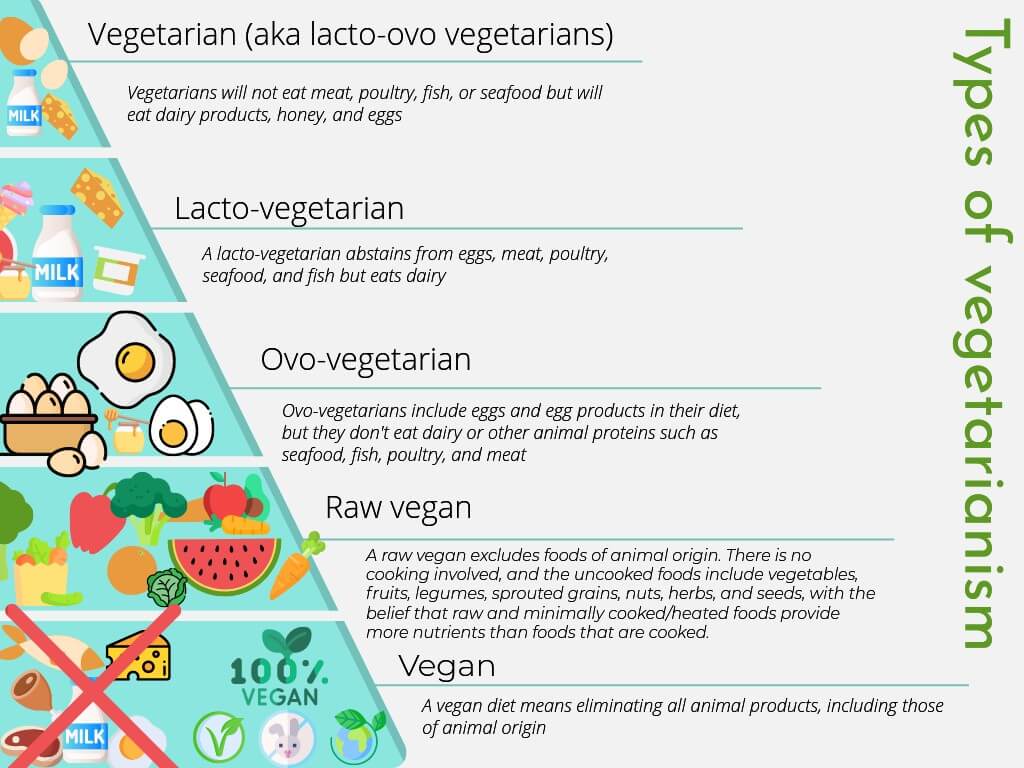
Types of Vegetarian Diet
Diets based solely on plants are gaining popularity. There are several reasons for this, but the primary ones are the advantages for your health and the environment.
Probably because to the millions of #vegetarian vegan posts on Instagram, people frequently equate a vegetarian diet with veganism. But in reality, there are various types of vegetarian diets, and they differ in the items they include and avoid.
-
Veganism
In this diet, any animal meat and products related to animals such as milk, eggs, dairy products, and animal derivatives are prohibited due to the health effects and cruelty to animals.
Vegans choose this diet for ethical and health reasons. They are against the use of animals for food, medicine, clothing, entertainment, etc.
Because vegans do not consume any animal products, they are less exposed to food poisoning caused by bacteria and microbes in the animal’s body.
-
Ovo-vegetarianism
Ovo-vegetarians abstain from eating dairy, meat, poultry, and shellfish, much like vegans do. They continue to consume eggs and meals containing eggs, unlike vegans.
These people also have a lower risk of food poisoning compared to normal maples, but their egg consumption may cause food poisoning due to the presence of microbial sources in the skin and the egg itself.
-
Lacto-vegetarianism
Lacto-vegetarians eat dairy products including milk, cheese, yogurt, and butter but avoid meat, poultry, shellfish, and eggs.
In these people, consumption of dairy products can increase food poisoning.
-
Lacto-ovo-vegetarianism
This vegetarian diet is straightforward and consists of cutting out any meat, poultry, seafood, and any byproducts that necessitate the murder of animals.
Vegetables, fruits, grains, legumes, nuts, and seeds are prioritized in a lacto-ovo-vegetarian diet, which also includes dairy products and eggs.
In this diet, due to the consumption of dairy products and eggs, compared to the previous two groups, the risk of food poisoning increases and they suffer more types of food poisoning.
-
Pescatarianism
As you can see, vegetarian diets are becoming somewhat of a pick-and-mix. Pescatarians don’t consume meat or poultry, but they do use fish and other seafood as their primary sources of protein. Dairy and eggs are also commonly consumed by pescatarians, however, this is a personal preference.
People who choose this diet may get food poisoning very easily because of seafood consumption
-
Flexitarianism
The main distinction between a flexitarian diet and other vegetarian diets is that a flexitarian diet places more focus on the items that can be included than those that must be avoided.
In this diet, the results can be different because it depends on the foods chosen by these people and how much they use high-risk sources.
Does eating dairy products and eggs increase the possibility of food poisoning?
Eggs are high in cholesterol and eggshells are full of bacteria. In fact, eggs are the result of the chicken’s period, and in the poultry industry, more hormones are injected into the chickens to increase production. Eggs are full of infection hormones and bacteria.
It is recommended to avoid using eggs as much as possible and to use flax seed powder or chia seeds instead of eggs in recipes, which are more nutritious and do not cause food poisoning.
As for milk, animal milk is full of infections and hormones that are injected into female cows to increase milk production. Cows’ udders are usually swollen and full of bacteria and diseases.
In fact, the body cannot digest dairy products and so many infections, that’s why most people are either allergic to lactose, or after consuming dairy products, they get boils, heartaches, etc.
In general, it can be said that for food poisoning, do not consume eggs and dairy products and use plant alternatives.
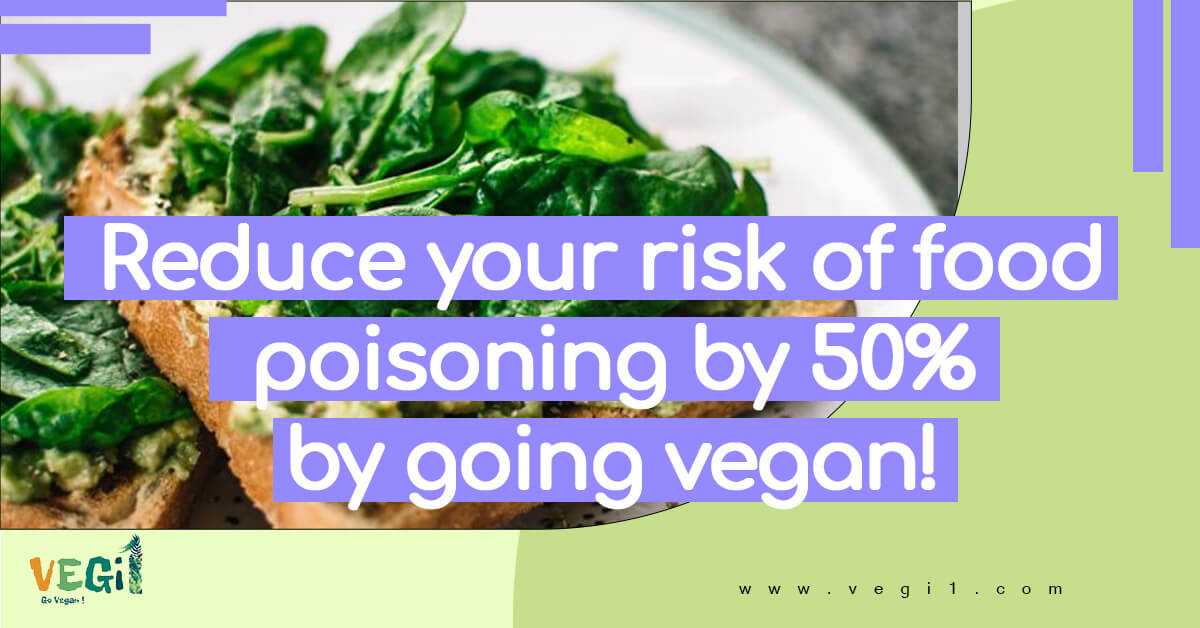
But Vegans
Vegan diets only contain plant-based foods, such as fruits, vegetables, soy, legumes, nuts and nut oils, plant-based dairy substitutes, sprouted or fermented plant foods, and whole grains. Vegan diets exclude all animal products, including honey (produced by bees), casein, lactose, meat, poultry, and seafood, as well as whey, egg white albumen, gelatin, carmi, and other less well-known animal-based ingredients.
Which foods can cause poisoning in vegans? How to keep yourself safe?
With these explanations, since no animal products are eaten in a vegan diet, the risk of food poisoning is greatly reduced, but there are still cases in which vegetarians may also suffer from food poisoning.
What kinds of plant-based foods are at danger for compromising food safety? Cross-contamination, such as dirty hands, sneezing or coughing on food, and contact with pathogens from other foods, can put any food in danger, whether it is made from animals or plants.
You have to be extra careful with some plant foods to avoid getting unwanted food poisoning, for example:
-
Raw sprouts
Sprouts, specifically salmonella and E. coli, have been connected to numerous bacterial outbreaks worldwide, both raw and barely cooked. All kinds of sprouts, including those from alfalfa, mung beans, clover, and radish, might spread an infection because their seeds have been contaminated with bacteria.
Sprouts are typically given raw, which means harmful bacteria is still present. They are extremely challenging to clean. Ensure that sprouts are cooked before serving them, or better yet, remove them from the menu, if you must.
-
Tofu
A common meat alternative and component of the vegan diet is tofu. Tofu can spoil and has a short shelf life, just like any other fresh food. Even if tofu has been pre-cooked, serving it cold or uncooked is not advised. Tofu should always be heated all the way through to a safe temperature.
If tofu is kept in water that is contaminated, it may potentially be exposed to microorganisms. The risk is higher if the product is sold in bulk and kept in a big water bin because unwashed hands or dirty water, for instance, can contaminate the whole batch. Choose trustworthy vendors when buying tofu in bulk, and find out how frequently new batches are manufactured and the water is changed.
Even if the tofu is already cooked, serving dishes with raw tofu is not a good idea. If you offer pre-cooked tofu raw, you run the danger of serving contaminated food. Pre-cooked tofu might become contaminated after the cooking stage.
-
Cooked dried foods asap
The majority of us are aware that foods high in risk include meat, eggs, fish, and dairy products, but did you realize that dry goods like rice, pasta, lentils, beans, and chickpeas can also be risky when cooked? With the addition of water, dried foods become moist, low in acid, and high in protein, all of which are favorable environments for the development of bacteria.
If you offer chilled rice that has been infected with loads of bacteria, you run the risk of making someone severely ill because cooling just slows down the growth of bacteria. The key point is to store cooked rice (and other prepared dried foods) in the refrigerator as soon as you can, reheat them before serving, and consume them within three days.
-
The mouldy bread
We’re all guilty of chopping off the moldy parts of the bread and finishing the loaf, but some bread molds can be quite lethal, and doing so doesn’t make the risk go away. Diarrhea, nausea, and vomiting are just a few of the unpleasant symptoms that mycotoxins, which are poisons made by fungi, can cause. Some mycotoxins have even been related to long-term health problems like cancer and immune weaknesses.
Most likely, eating a small piece of moldy bread won’t kill you, but it’s always best to be safe than sorry. Additionally, it’s critical to remember that some people are extremely sensitive to mold and may experience a much more severe reaction than you would.
It’s best to avoid endangering the health of your clients if you operate in the food industry. Serve a safe slice of bread instead of the stale one.
-
Fresh fruit and vegetables
Although they are great providers of important vitamins and nutrients, fresh fruit and vegetables can also be a source of dangerous pathogens like Salmonella and E. coli. the most probable offenders? slender greens.
The majority of produce-borne infections are caused by leafy greens like spinach and cabbage, according to researchers at the Centers for Disease Control and Prevention (CDC). However, any unwashed fruit or vegetable may contain dangerous levels of harmful bacteria or the feared Norovirus.
Don’t rush the washing if it grows on or in the ground; it needs to be carefully and completely rinsed in cold running water to get rid of bacteria and pesticides.
-
Prewashed or precut fruits and vegetables
A food is more prone to acquire dangerous bacteria that can result in food poisoning the more it is touched and prepared. Fruits and vegetables that have been pre-washed or pre-cut may contain Listeria, a foodborne bacteria that can cause serious illness in certain people and have severe effects on expectant mothers, including stillbirth, miscarriage, uterine infection, and preterm delivery.
It is recommended to wash these fruits and vegetables again.
-
Canned food botulism poisoning
The severe illness known as botulism is brought on by toxins primarily produced by the bacteria Clostridium botulinum, but also by types of Clostridium baratii and Clostridium butyricum.
These poisons are known as botulinum neurotoxins (BoNT) because they damage the nerve system and frequently result in different types of paralysis.
Consequently, despite the fact that there are only 475 cases of this sickness recorded per year in the United States, Canada, and Europe, it remains a significant and potentially fatal public health concern.
There are different varieties of botulism:
- Infection brought on by eating foods tainted with botulinum neurotoxins is known as foodborne botulism.
- Intestinal colonization: As the bacteria reside in the gut, they create the neurotoxins after entering the body.
- A wound or damaged or cracked skin gets infected with the bacteria that makes botulinum neurotoxins, resulting in wound botulism.
- Iatrogenic botulism: Infections brought on by high doses of toxin injections given for cosmetic or therapeutic purposes, like Botox injections
- The inhalation of botulinum toxins as a result of an accident or biological warfare discharge is known as “inhalation botulism.”
The most frequent of these causes of botulism is foodborne botulism, sometimes known as food poisoning, and will be the main subject of this article.
The bacterial strains that produce botulinum toxins thrive best in anaerobic (low-oxygen) environments with low acidity, little salt, and water, and an internal temperature of between 37 and 98 °F (3 and 37 °C).
The environment in canned goods is perfect for bacterial growth. These bacteria can also cause food poisoning, so I recommend vegans to use less canned food.
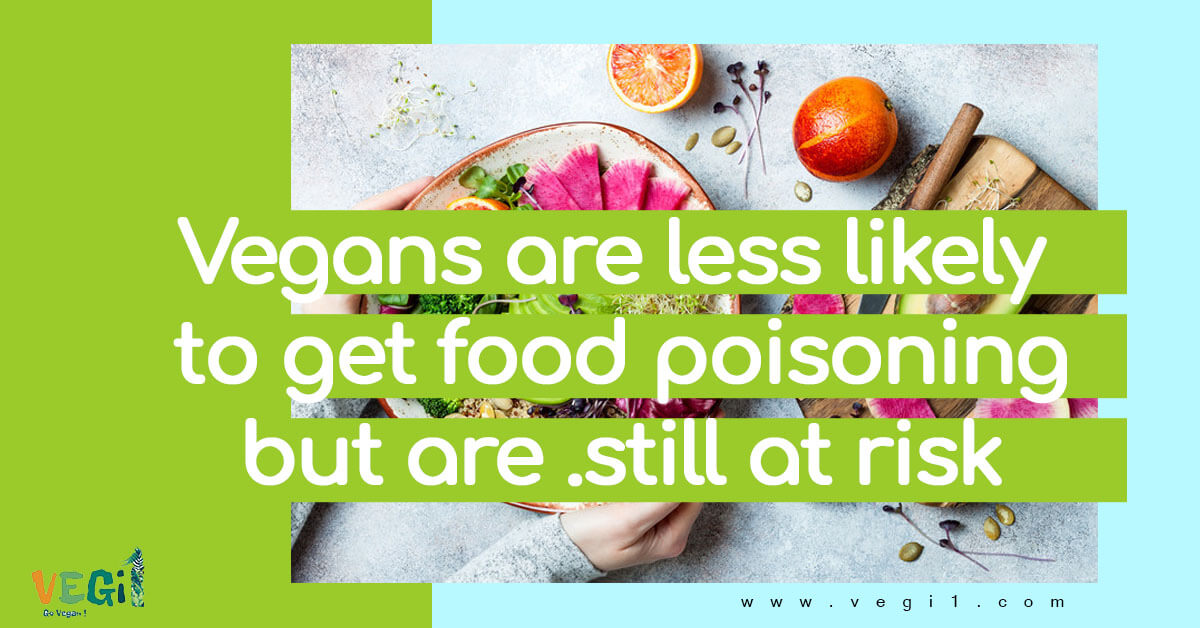
Symptoms of food poisoning in vegetarians
You get a sense that something is off. Your skin tingles as you consider whether you might be sick, who you have been around, and what you have eaten. As your fever rises, the gurgling in your stomach alerts you that the first two ideas are not what your body is telling you. Your body warns you clearly that there is a problem—you have food poisoning—as you run for the bathroom in a panic.
While everyone is unique and experiences food poisoning in a unique way, there are a few things we can always look out for:
- Nausea
- stomach pain
- Vomiting
- Diarrhea
- Fever
If any of these symptoms—or any combination of them—appear, it’s critical to seek medical assistance. And despite how challenging it may be, staying hydrated will significantly speed up your recuperation.
How to treat food poisoning
The severity of your symptoms and the source of the sickness will determine how you should be treated for food poisoning. Drug treatment is typically not required.
The following may be part of the treatment:
- Replenishment of fluids: Electrolytes and fluids keep the fluid balance in your body in check. Minerals like calcium, potassium, and sodium are examples of electrolytes. It’s crucial to replenish lost fluids after vomiting or diarrhea to avoid becoming dehydrated. Going to the hospital may be necessary for severe dehydration. You could require intravenous delivery of fluids and electrolytes.
- Antibiotics: You might be given an antibiotic if bacteria are the cause of your disease. Antibiotics are typically prescribed to patients who have serious illness or who are at a higher risk of complications.
- Antiparasitics: Antiparasitics, or medications that specifically target parasites, are frequently used for parasitic infections.
Generally
Based on my research and my personal opinions, food poisoning can be seen in all people with all kinds of diets, but it can occur more in omnivores or in people who consume meat or dairy products, so I can say that vegans In this context, they are less likely to get poisoned and can eat their own food more safely, but it is recommended not to eat in restaurants or to use less prepared and canned food.
And in the end, I hope that you have enjoyed my article on the topic Are vegetarians at a greater risk for food poisoning? and that it has been useful for you. I will also be happy to leave a comment for me and share your experiences in the field of food poisoning or food poisoning prevention with me. Share it


